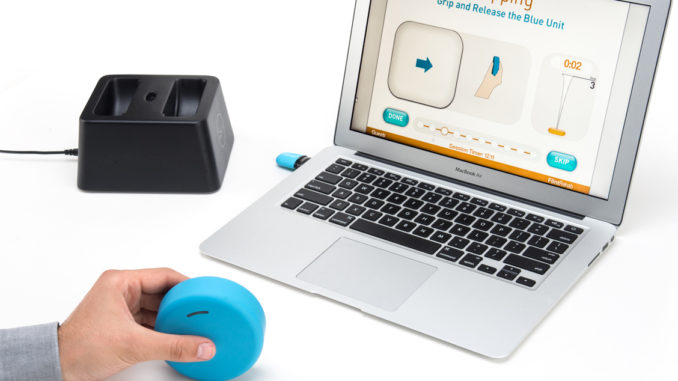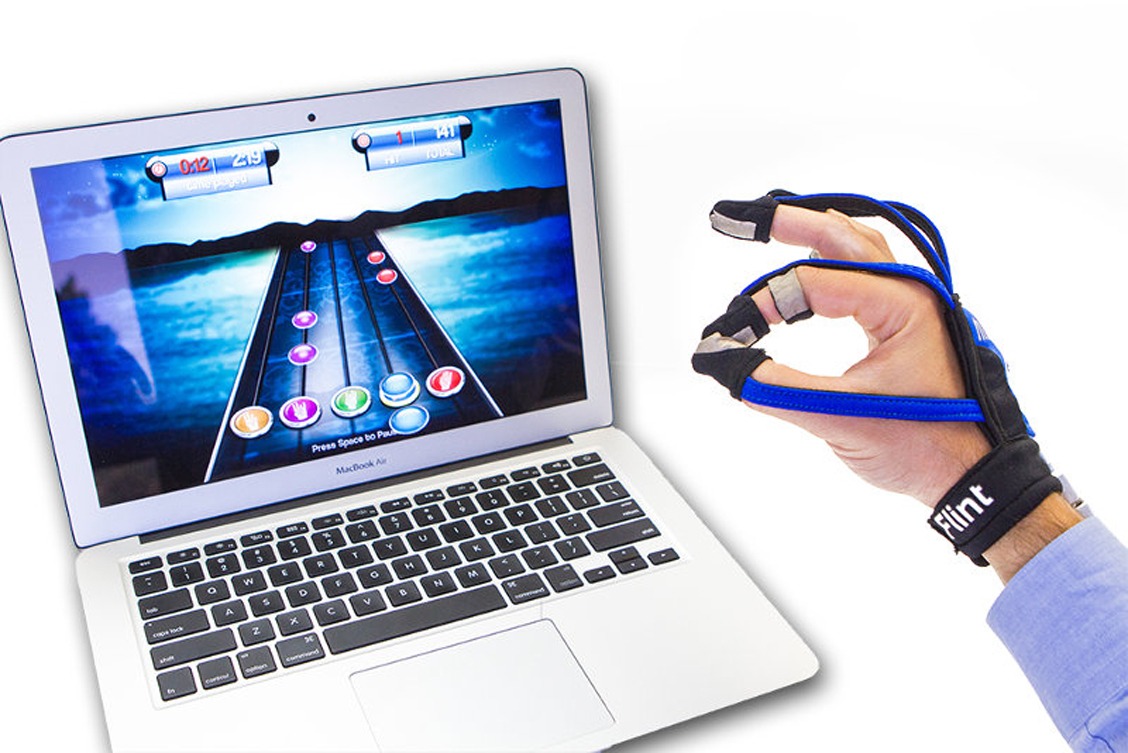
Gary Raham
At the age of 54, the unthinkable happened to Rhonda Spreng: She suffered a massive stroke. The event left her unable to use much of the left side of her body. For eight months she couldn’t function as the main financial accountant for the family business, Triad Tooling. Medical care in Colorado—and the United States, for that matter—only goes so far. At some point, for most of us, insurance coverage for things like physical and occupational therapy runs out. Sometimes a lack of coordination in providing services can make rehabilitation longer and harder. What then?
More and more people today try to expedite their own care by researching online—for therapies, for drugs, and for support and guidance. When asked what advice Spreng would give other stroke victims, she said, “Be your own advocate and do your own research.” Spreng has been attempting to do that, both for her own condition and for her father, who has a heart condition. Spreng felt that a lack of coordination between her physical and occupational therapists actually prolonged her recovery.
Spreng found two products online designed for stroke victims: MusicGlove and FitMi. A company called Flint Rehab, founded by Nizan Friedman and Daniel Zondervan, developed both devices (see https://www.flintrehab.com/). They use gaming technology to make the rehab process more enjoyable with the hope that people will be readily motivated to engage in the kind of exercises they need to improve their condition.
MusicGlove (https://youtu.be/Pfa9utDRabA) induces people to practice hand and finger movements like pincer grip, key-punch grip, and finger-thumb opposition by using these motions to produce musical notes, played along by songs displayed by an interactive computer game. At this point, for Spreng, she can’t yet use MusicGlove effectively. She does enjoy—and uses daily—the FitMi device.

FitMi is a game-like device that guides brain, spinal injury, and stroke survivors. (https://www.bing.com/videos/search?q=FitMi+video&view=detail&mid=41B3CD69B11A50A7703141B3CD69B11A50A77031&FORM=VIRE) It’s designed to exercise the full body, including legs, core, and arms. Spreng claims that she has noticed “great improvement” during the two years she has been using the product. The device costs $299.
Flint Rehab claims thousands of satisfied users. A PR firm representing Flint Rehab (NRPR) says that, “Flint Rehab is currently running two randomized controlled trials. One study is funded through the National Institutes of Health for use at home. The other study is being conducted at Kaiser Permanente health system in order to determine efficacy throughout the patient’s continuum of care.” The company expects the studies to be completed by 2019.
Author Mark Stevenson, described as a futurologist, wrote a book in 2017 called We Do Things Differently in which he describes ways in which patients are taking medical care into their own hands. He began by describing resources for cancer patients (see http://listserv.acor.org/scripts/wa-acor.exe?INDEX), but he goes on to talk about a website originally designed for ALS (amyotrophic lateral sclerosis or Lou Gehrig’s disease) patients called patientslikeme.com. Since patientslikeme was launched in 2006 it has expanded to serve nearly half a million people with a variety of conditions, including stroke. When I checked the site for stroke victims, for example, I found out there were 940 signed up with 59 of them in Spreng’s age bracket. The web has made these kinds of resources available to many who might otherwise feel alone and isolated or locked out of options because of cost.
Spreng has a long road ahead yet. A brain aneurysm precipitated her stroke and apparently she has another one that doctors are keeping an eye on. But Spreng is taking charge and being proactive, which is what she urges others to do. Strokes and other severe illnesses, she says, are a drain on society. “It would behoove us to come up with better treatments.” Who is more motivated than someone who wants to put his or her own life back together after the unthinkable happens?
Support Northern Colorado Journalism
Show your support for North Forty News by helping us produce more content. It's a kind and simple gesture that will help us continue to bring more content to you.
BONUS - Donors get a link in their receipt to sign up for our once-per-week instant text messaging alert. Get your e-copy of North Forty News the moment it is released!
Click to Donate
